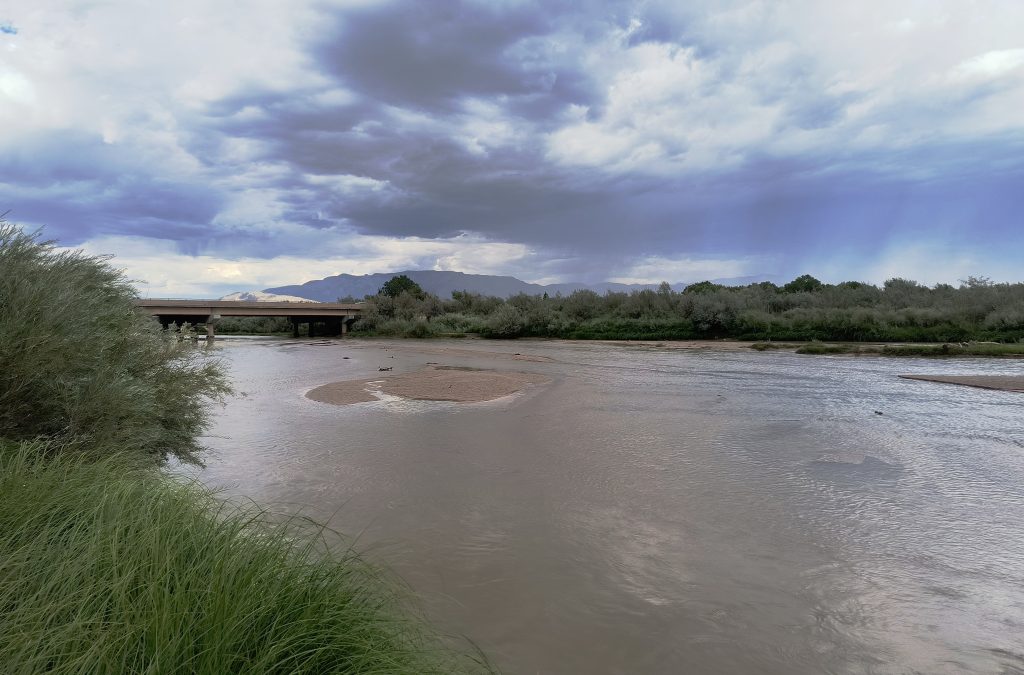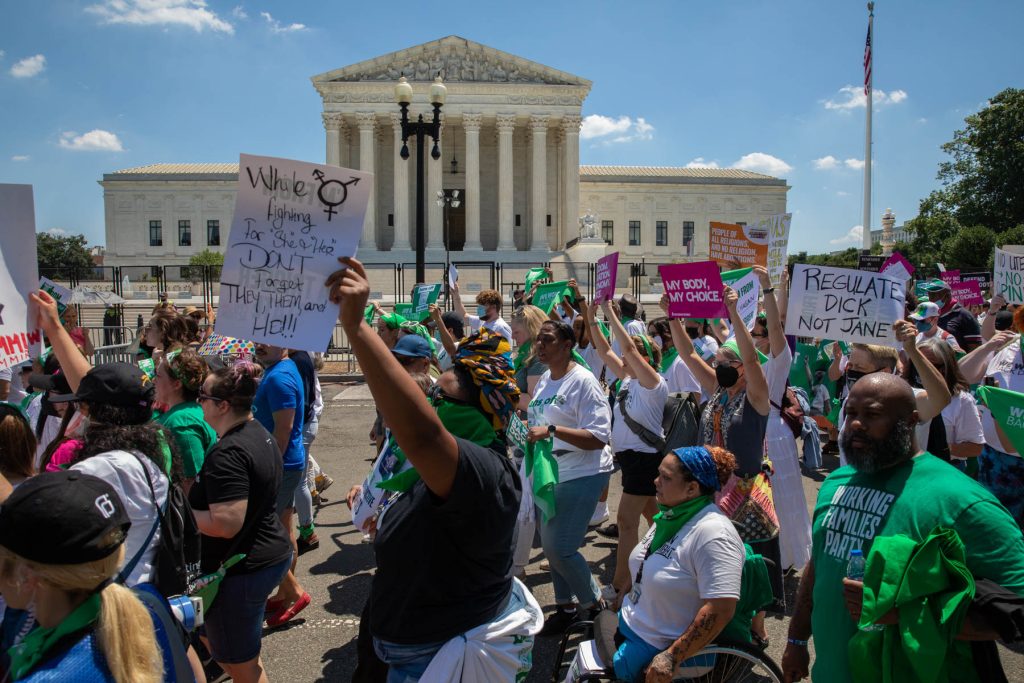The state of New Mexico, through the state Attorney General’s Office, filed a brief on Monday with the New Mexico Supreme Court that argued the emergency public health orders do not warrant compensation to business owners.
The brief is the latest in a pending state Supreme Court case spurred by a request from state Attorney General Hector Balderas’ office in October. Balderas’ office asked the high court to answer the question of whether ordering a business to shut down as part of an emergency public health order constitutes taking that business, or eminent domain.
Since this past summer, there have been a dozen state district court cases filed by local business owners, arguing that those owners are due compensation from the state. Balderas’ office asked the state Supreme Court to weigh-in on the matter to save time and resources in those district court cases.
The high court agreed to take on the case and asked for briefs and responses from both the state and the group of business owners who are currently suing the state.
In the brief filed on Monday, Balderas’ office argued that the state’s Public Health Emergency Response Act only allows for compensation of medical supply companies or medical providers that would be hypothetically taken over by the state during a public health emergency. Even if the law allowed for compensation, Balderas’ office argued, it would make it nearly impossible for the state to take action during an emergency.
“This specter of liability would hobble the State’s ability to take emergency action — whether destroying a burning building or prohibiting activity known to spread a pandemic — that is necessary to protect health and safety,” the brief read.
The brief also argued that ordering businesses to close temporarily should not be hindered by second thoughts or concerns that the state may be liable for lost revenue.
“The State should not be hamstrung in its efforts to respond to emergencies and stop activities that endanger the public by the prospect of liability,” the Attorney General’s office wrote. “Additionally, even if this police power exclusion for takings claims did not apply, the [public health orders] would not constitute regulatory takings because they are partial, temporary restrictions on the use of property for a proper purpose.”
The business owners who are currently suing the state have until Dec. 22 to file a response to the state’s brief, but if a statement from their lawyer, Blair Dunn, is any indication, their argument will likely be that the state’s Public Health Emergency Response Act does indeed allow for compensation to business owners that are forced to shut down.
“Our New Mexico Legislature made it clear that even in a public health crisis the use of police powers to combat a pandemic requires just compensation for damage done to businesses under the Public Health Emergency Response Act,” Dunn said in an email.
He also accused Gov. Michelle Lujan Grisham of “cherry picking” judges and portions of state law and said she is “bound and determined to destroy our New Mexico small business community.”
What’s likely to come up in both written and oral arguments is language in the Public Health Emergency Response Act that refers to “any other property.” Dunn previously told NM Political Report that his reading of the law is that all businesses are covered by those three words. Although the state argued that “any other property” refers only to medical companies.
After the Dec. 22 deadline for the business owners to file a response, the state will have until Jan. 6 to file its response. Oral arguments are scheduled for Jan. 13.

















